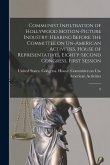Delve into the intricacies of early 20th-century copyright law with "Arguments before the Committee on Patents of the House of Representatives, on H. R. 11943, to Amend Title 60, Chapter 3, of the Revised Statutes of the United States Relating to Copyrights." This historical record, meticulously prepared for republication, offers a unique glimpse into the legislative process surrounding intellectual property in the United States. Presented by The Committee on Patents, this volume captures the arguments and discussions held before the House of Representatives concerning proposed amendments to copyright statutes. Focusing specifically on the proceedings of May 2, 1906, it provides primary source material relevant to the development of copyright and patent law. This book is an invaluable resource for anyone interested in the history of copyright, legal precedents, or the evolution of legislation concerning intellectual property. Explore the challenges and considerations faced by lawmakers as they grappled with the complexities of copyright in the burgeoning media and communications landscape of the early 1900s. This work has been selected by scholars as being culturally important, and is part of the knowledge base of civilization as we know it. This work is in the public domain in the United States of America, and possibly other nations. Within the United States, you may freely copy and distribute this work, as no entity (individual or corporate) has a copyright on the body of the work. Scholars believe, and we concur, that this work is important enough to be preserved, reproduced, and made generally available to the public. We appreciate your support of the preservation process, and thank you for being an important part of keeping this knowledge alive and relevant.
Bitte wählen Sie Ihr Anliegen aus.
Rechnungen
Retourenschein anfordern
Bestellstatus
Storno



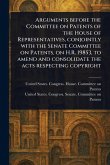
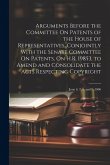
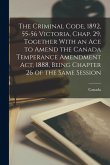
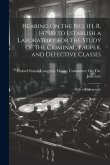
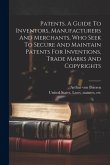
![Catalogue of Law Forms [microform]: Published and for Sale by D. H. Doust, R. Carswell, Law Bookseller, Law Stationer, Lithographer, &c Catalogue of Law Forms [microform]: Published and for Sale by D. H. Doust, R. Carswell, Law Bookseller, Law Stationer, Lithographer, &c](https://bilder.buecher.de/produkte/66/66188/66188570m.jpg)
